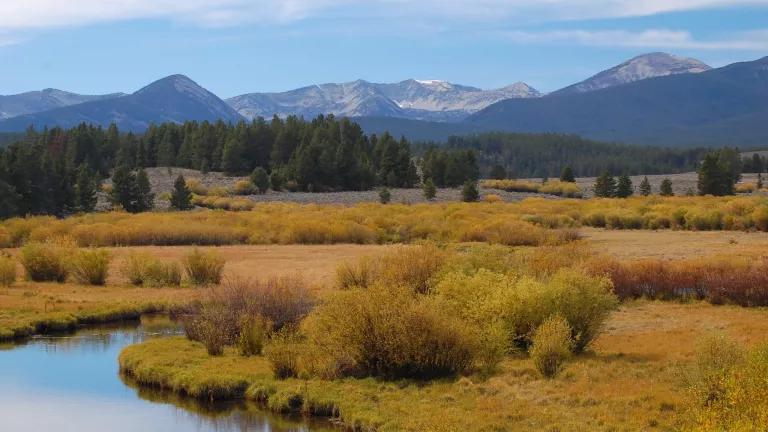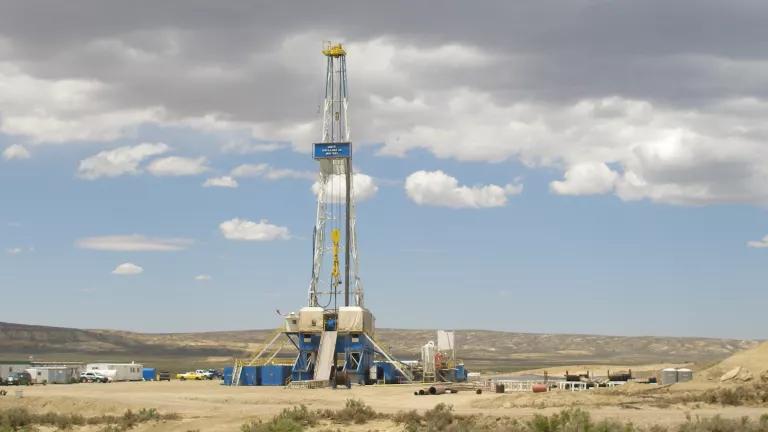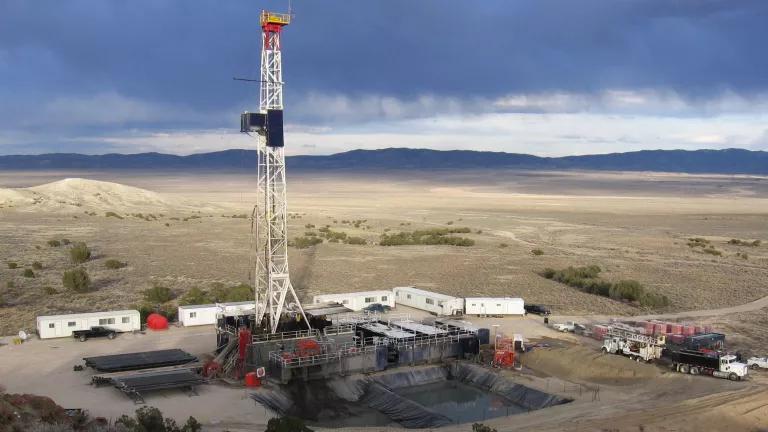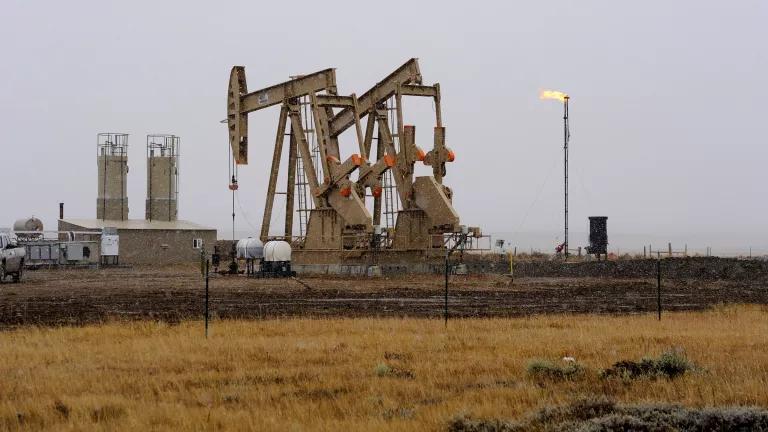Thousands Oppose Forest Service Oil and Gas Plans
The U.S. Forest Service is looking to make it far easier to drill for oil and gas on National Forests and Grasslands. Despite the significance of the rule changes the agency is proposing, it is dismissing concerns and calling the action “primarily administrative.”

The Beaverhead-Deerlodge National Forest in Montana contains areas that could be more easily opened to oil and gas drilling due to this proposed rule.
The U.S. Forest Service is looking to make it far easier to drill for oil and gas on National Forests and Grasslands. Despite the significance of the rule changes the agency is proposing, it is dismissing concerns and calling the action “primarily administrative.”
Primarily administrative? It must just be going in and fixing typos and citations, right? Nope. The Forest Service is pushing for a major rewrite of Forest Service policy to significantly alter the oil and gas drilling landscape—to benefit oil and gas producers—in U.S. National Forests and Grasslands. Nonetheless, after a comment period at the tail-end of a bitterly contested presidential election and in the midst of another surge of COVID-19 infections, the Forest Service is barreling ahead with its plans.
The Forest Service announced the expected rule changes in 2018, but didn't release the major revision of its Oil and Gas Resources regulations until the summer of 2020. In short, the rule proposes:
- Changing the process the Forest Service uses to consent to the Bureau of Land Management offering oil and gas leases on Forest Service lands by requiring the Forest Service to give the Bureau consent before conducting site-specific environmental reviews under the National Environmental Policy Act (NEPA).
- Eliminating the Forest Service’s review process for specific lands offered for lease, which will constrain the agency’s ability to determine whether leasing complies with environmental law and the Service’s forest management plans.
- Removing the requirement that the Bureau of Land Management confirm the Forest Service’s consent prior to starting a lease sale, making it more difficult for the Forest Service to stop harmful lease sales.
- Removing the public notice requirement, and the opportunity for public comment. These are required under current rules in regard to the plan an oil and gas driller would follow—known as a Surface Use Plan of Operations—when developing a drilling site.
- Removing the requirement that the Forest Service review the environmental consequences of drilling operations before approving a surface use plan.
- Extending Drilling operators the right to request unlimited extensions to deadlines to fix violations of the Forest Service’s management plans, even when violations involve negligence or misconduct.
This is neither minor, nor “administrative.” And the proposal has seen significant pushback. NRDC members submitted more than 31,000 public comments opposing the rule change. Governors from Colorado, Nevada, and New Mexico urged the Forest Service to grant more time for commenting on the rule’s substance, citing the terrible timing of the rulemaking. And members of the House Natural Resources Committee expressed concerns with much of the rule’s substance.
Diving deeper into the proposal itself, more than 120 environmental and civil society organizations cited legal issues with the rule in technical comments. As noted throughout the comments, there is an inherent legal problem with attempting to align Forest Service and Bureau of Land Management policies.
The attempt to achieve this alignment in these proposed rules ignores critical differences between the two sub-agencies. The Forest Service has a mandate to manage renewable forest resources in perpetuity for use by everyone. Oil and gas exploration on forest lands, on the other hand, fundamentally places that mandate at risk by handing publicly held resources over to corporate polluters whose activities would destroy forest resources for decades.




